Oct 28, 2025 10:47 AM
In Memoriam: Jack DeJohnette, 1942–2025
Jack DeJohnette, a bold and resourceful drummer and NEA Jazz Master who forged a unique vocabulary on the kit over his…
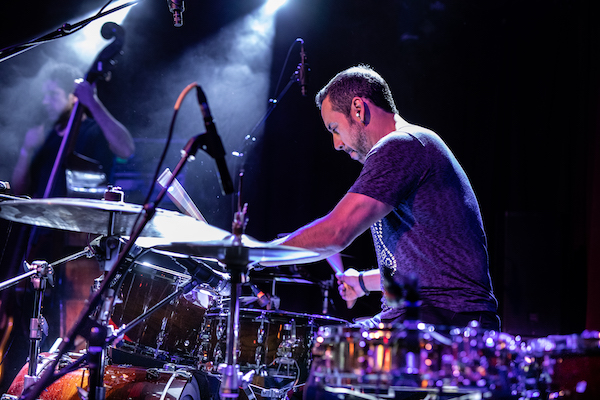
Drummer and bandleader Antonio Sánchez recently performed music touching on the crisis at the U.S.-Mexico border in Canada at the International Festival de Jazz de Montreal.
(Photo: Courtesy Antonio Sánchez)“Mexicans, we’re not getting a lot of love lately; I don’t know if you’ve noticed,” drummer and dual Mexican-American citizen Antonio Sánchez told the sold-out house at Montreal’s Place des Arts on June 30. They had noticed, of course, and were there to hear Sánchez and his Migration quintet perform the music of its latest album, Lines In The Sand, inspired by the crisis at the U.S.-Mexican border. Sánchez spoke to DownBeat after the performance about putting the music together, how it’s been received in America and internationally, and where the political charge in his music will take him next.
The following has been edited for length and clarity.
Can you walk through the inspiration behind Lines In The Sand?
At the time I was working on it, I went to the border of Tijuana and San Diego for this festival called Fandango Fronterizo, which basically translates to “Border Jam Session.” People come in from all over the place, set up shop on both sides of the border, and everyone brings whatever instruments and plays music together—very simple, easy music with two or three chords and people on both sides join in. I was very moved.
What’s happening at the border with the separation of families was also very much in the news at the time. It’s a humanitarian disaster, and it’s hard not to be influenced by the confluence of things around that. I wanted something very literal to demonstrate what the music is about, so I opened this album with a collage of sirens and people yelling and screaming—actually being separated on the spot by ICE—and I put that in the beginning of the concert in Montreal as well.
You’re playing music about the border between those two countries in one of the most multicultural cities in North America. What did that mean to you?
Well, everywhere we perform this music, it’s a completely different experience, depending on the politics of the place, and on the leanings of a specific city. When we’ve done shows in “redder” states, it’s always interesting to see what happens and how people react. Most of the time, it’s been a positive reaction, but other times there will be a couple of hecklers. We actually lost a sponsor in Oregon, because they saw my social media, where I’m very outspoken about politics, and they wanted a very apolitical concert. I had to actually sign a form where I promised that I was going to take it easy.
It was very well received in Montreal, as you know. But then we come to Europe, where they’re having their own sets of problems, and it means something different.
Have you taken this concert to Mexico?
Not yet. And I’m very, very curious as to what will happen, because Mexico is going through a political climate right now that is in some ways the exact opposite of the United States—it’s on the fringes of the left there. But it’s also coming around to meet the American far right: They’re both engaged in a cult of personality; they’re both doing certain authoritarian things; they’re both slashing culture and education. It will be interesting to do it over there, and we will have to be careful how we tread.
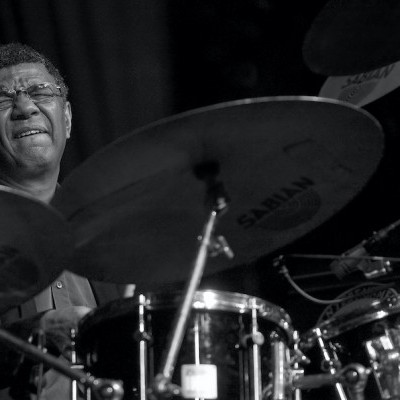
Jack DeJohnette boasted a musical resume that was as long as it was fearsome.
Oct 28, 2025 10:47 AM
Jack DeJohnette, a bold and resourceful drummer and NEA Jazz Master who forged a unique vocabulary on the kit over his…
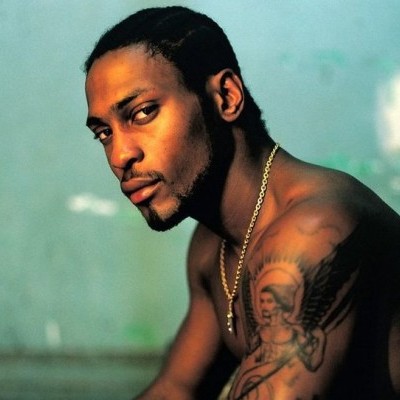
D’Angelo achieved commercial and critical success experimenting with a fusion of jazz, funk, soul, R&B and hip-hop.
Oct 14, 2025 1:47 PM
D’Angelo, a Grammy-winning R&B and neo-soul singer, guitarist and pianist who exerted a profound influence on 21st…

Kandace Springs channeled Shirley Horn’s deliberate phrasing and sublime self-accompaniment during her set at this year’s Pittsburgh International Jazz Festival.
Sep 30, 2025 12:28 PM
Janis Burley, the Pittsburgh International Jazz Festival’s founder and artistic director, did not, as might be…
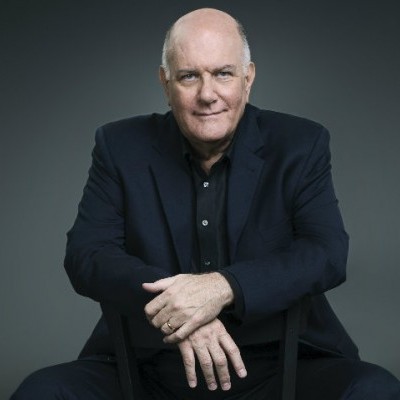
Jim McNeely’s singular body of work had a profound and lasting influence on many of today’s top jazz composers in the U.S. and in Europe.
Oct 7, 2025 3:40 PM
Pianist Jim McNeely, one of the most distinguished large ensemble jazz composers of his generation, died Sept. 26 at…
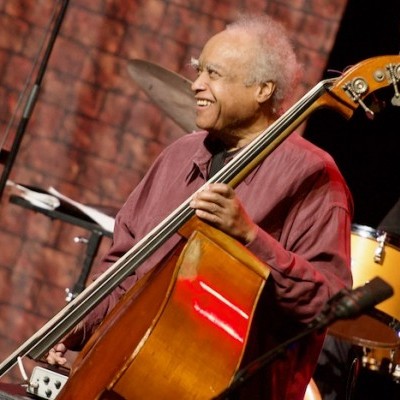
Drummond was cherished by generations of mainstream jazz listeners and bandleaders for his authoritative tonal presence, a defining quality of his style most apparent when he played his instrument unamplified.
Nov 4, 2025 11:39 AM
Ray Drummond, a first-call bassist who appeared on hundreds of albums as a sideman for some of the top names in jazz…